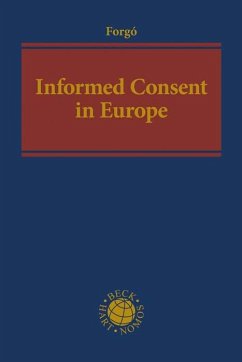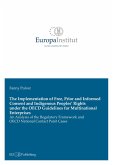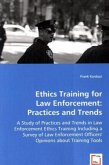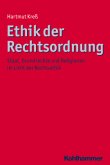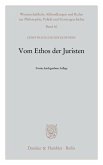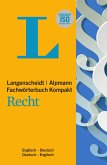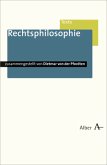Informed consent is intrinsically connected to a person's autonomy. Consent is a process to allow the patient(or data subject) to express her or his wishes and choices in an informed and autonomous way. In order to fulfil its role as a mechanism to protect the patient, it is thus of crucial importance that the informed consent procedure is as concise, precise, clear and personalised as possible.
European regulatory documents obliging to obtain informed consent seem to connect the same ethical and legal idea to very different legal requirements. The different legal concepts might boost the tendency that consent is not so much seen as a means to protect the patient's autonomy but more as a cumbersome procedure needed to shrink liabilities and protect the physician.
This book - based on research undertaken in an FP-7 project - gives an overview on the concept of informed consent as well as current and upcoming issues of getting, giving and managing informed consent, also taking into consideration the new EU data protection regime.
Dr Nikolaus Forgó is Professor at the University of Hannover and Director of the Institute for Legal Informatics. The authors are well-known academics and practitioners in medicine, law and ethics.
European regulatory documents obliging to obtain informed consent seem to connect the same ethical and legal idea to very different legal requirements. The different legal concepts might boost the tendency that consent is not so much seen as a means to protect the patient's autonomy but more as a cumbersome procedure needed to shrink liabilities and protect the physician.
This book - based on research undertaken in an FP-7 project - gives an overview on the concept of informed consent as well as current and upcoming issues of getting, giving and managing informed consent, also taking into consideration the new EU data protection regime.
Dr Nikolaus Forgó is Professor at the University of Hannover and Director of the Institute for Legal Informatics. The authors are well-known academics and practitioners in medicine, law and ethics.

